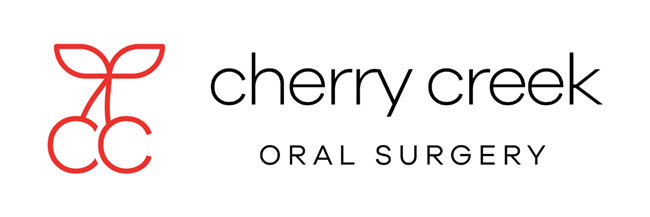Impacted Teeth in Denver, CO
An impacted tooth simply means that it is stuck and cannot erupt into function. Patients frequently develop problems with impacted third molar (wisdom) teeth. These teeth get stuck in the back of the jaw and can develop painful infections among a host of other problems.
Normally, the maxillary cuspid teeth are the last of the front teeth to erupt into place. They usually come into place around age 13 and cause any space left between the upper front teeth to close tighter together. If a cuspid tooth gets impacted, every effort is made to get it to erupt into its proper position in the dental arch. The techniques involved to aid eruption can be applied to any impacted tooth in the upper or lower jaw, but most commonly they are applied to the maxillary cuspid teeth.
Early Recognition of Impacted Teeth
The older the patient, the more likely an impacted canine will not erupt by natural forces alone even if space is available for the tooth to fit in the dental arch. An oral surgeon will need to remove any extra teeth that are blocking eruption of any of the adult teeth. If the eruption path is cleared and space is opened up, there is a good chance the impacted canine will erupt without intervention. If the canine is allowed to develop too much, the impacted canine will not erupt by itself even with the space cleared for its eruption.
What Happens If The Canine Will Not Erupt When Proper Space Is Available?
In cases where the canine will not erupt spontaneously, your doctor will work to get these unerupted canines to erupt. Each case must be evaluated on an individual basis. In a simple surgical procedure performed in the surgeon’s office, the gum on top of the impacted tooth will be lifted up to expose the hidden tooth underneath. If there is a baby tooth present, it will be removed at the same time.
Impacted Canine Tooth Exposure
Recent studies have revealed that with early identification of impacted canine (or any other impacted tooth other than wisdom teeth), treatment should be initiated at a younger age. Once the general dentist or hygienist identifies a potential eruption problem, the patient should be referred to an oral surgeon for early evaluation.
To learn more about impacted teeth in Denver, schedule an appointment with our team today.

